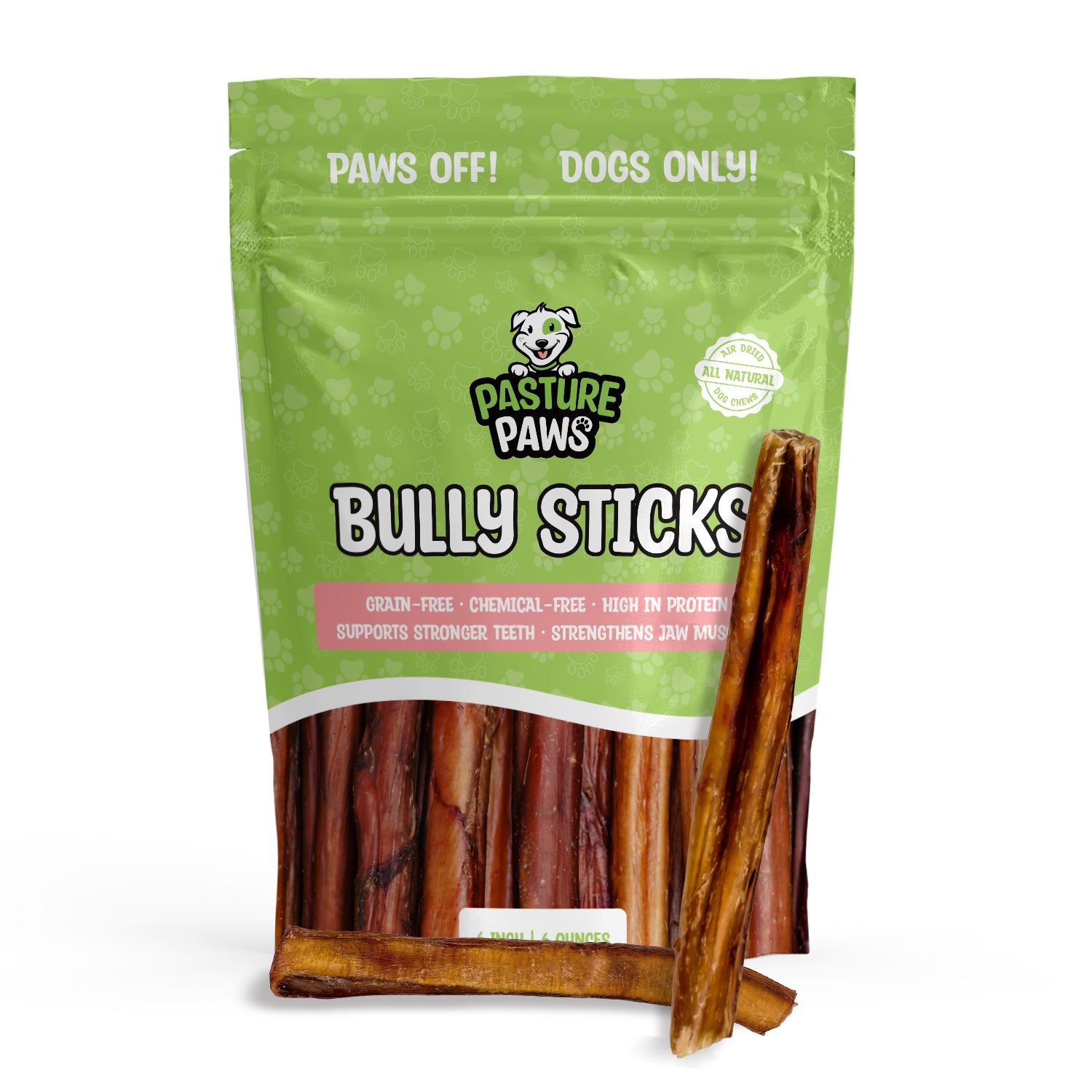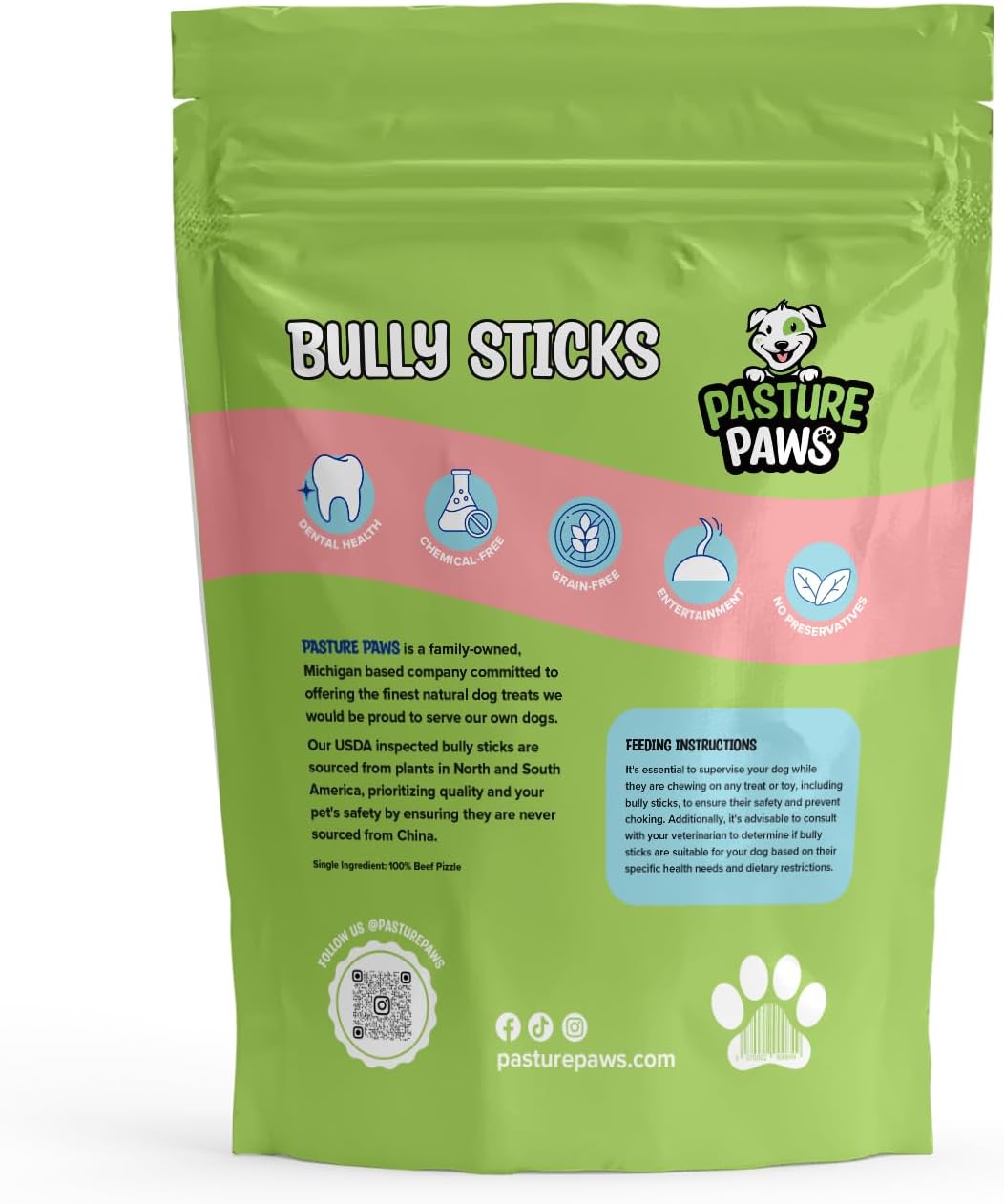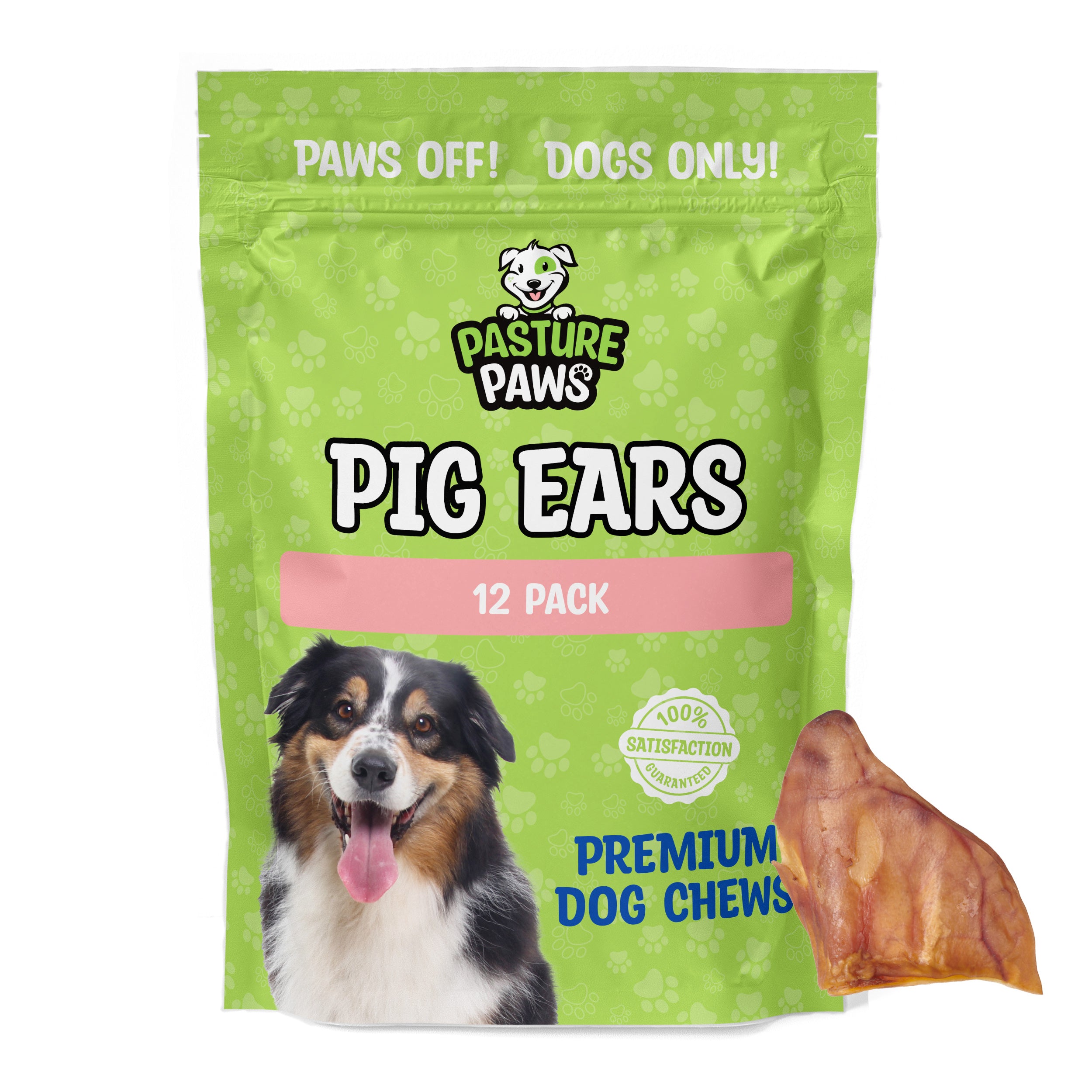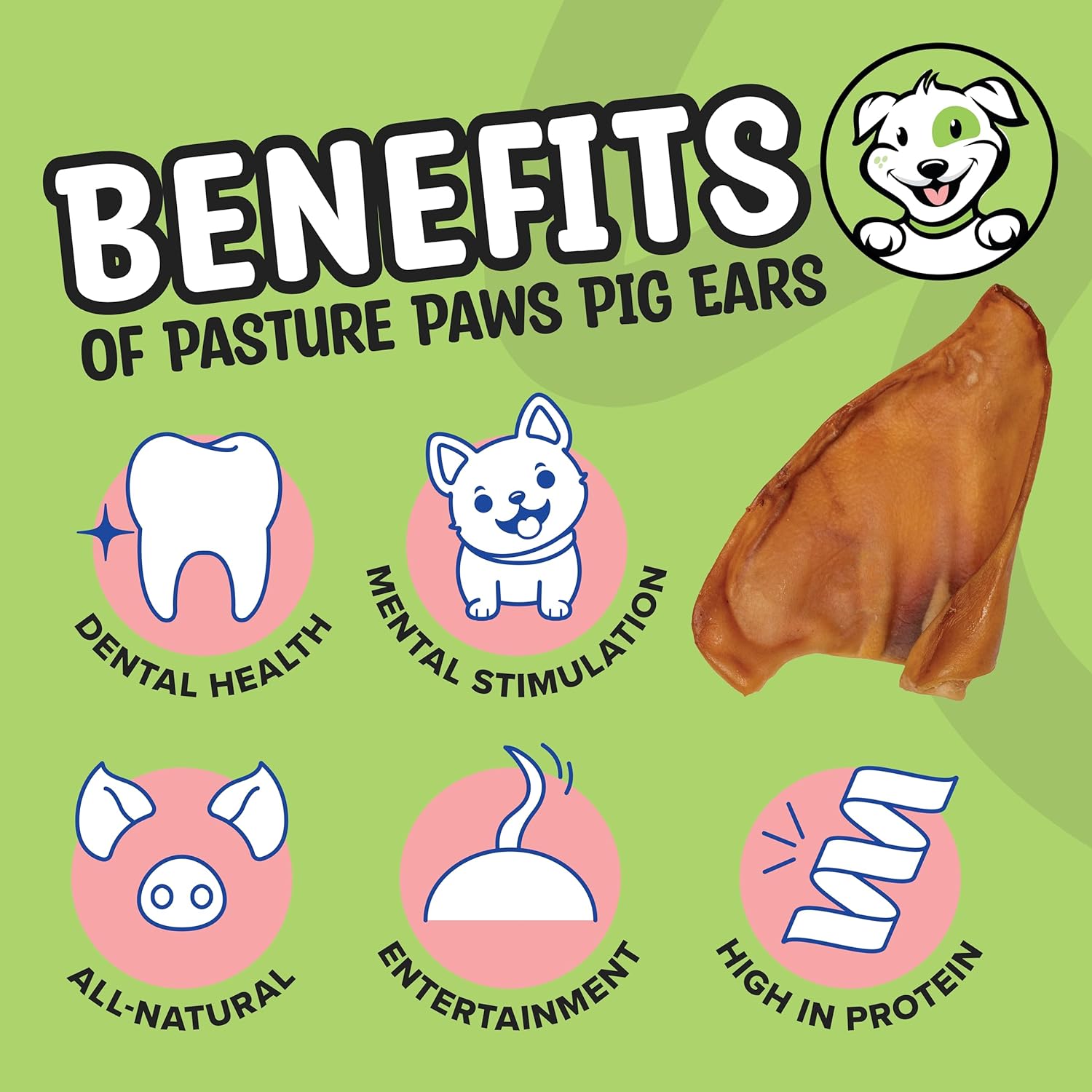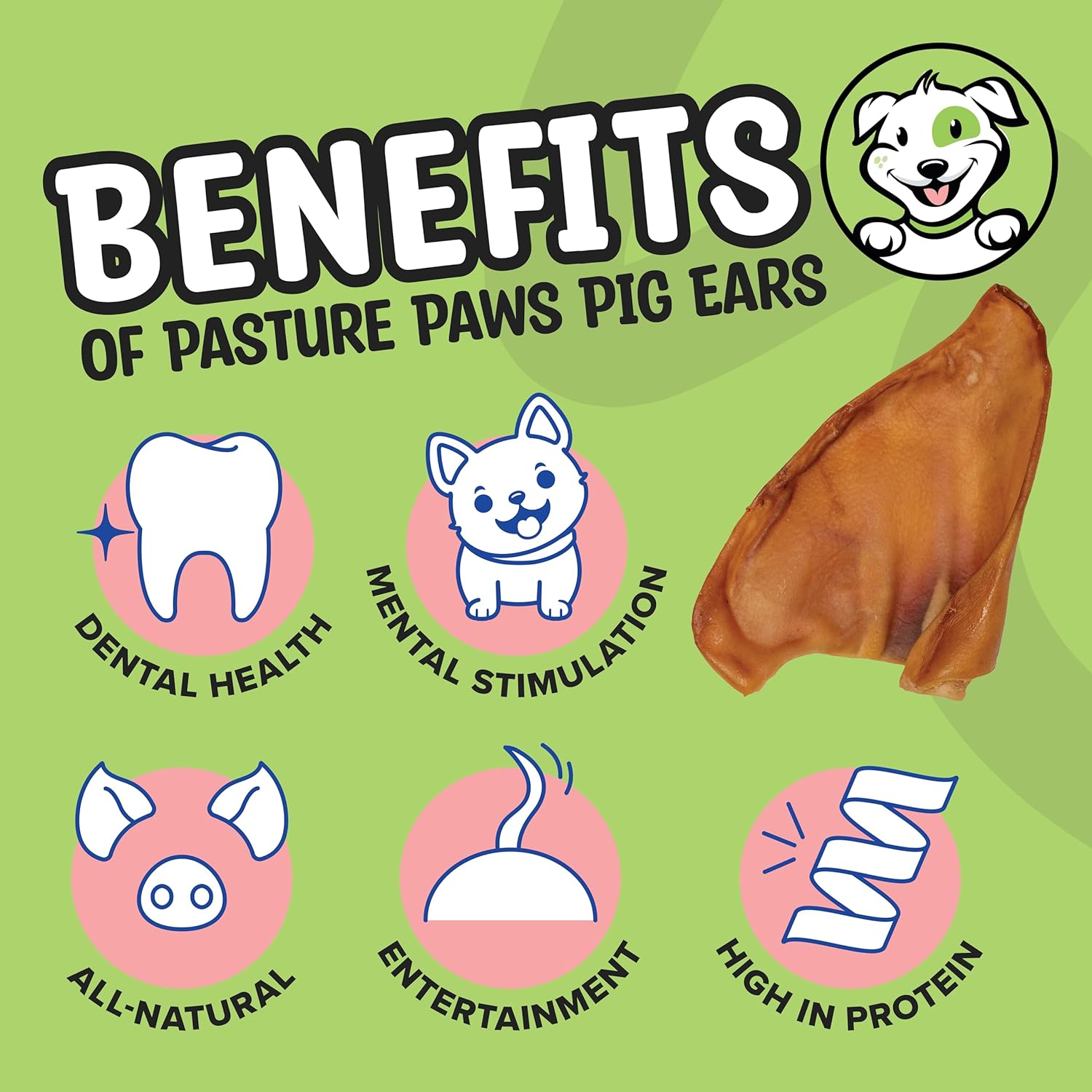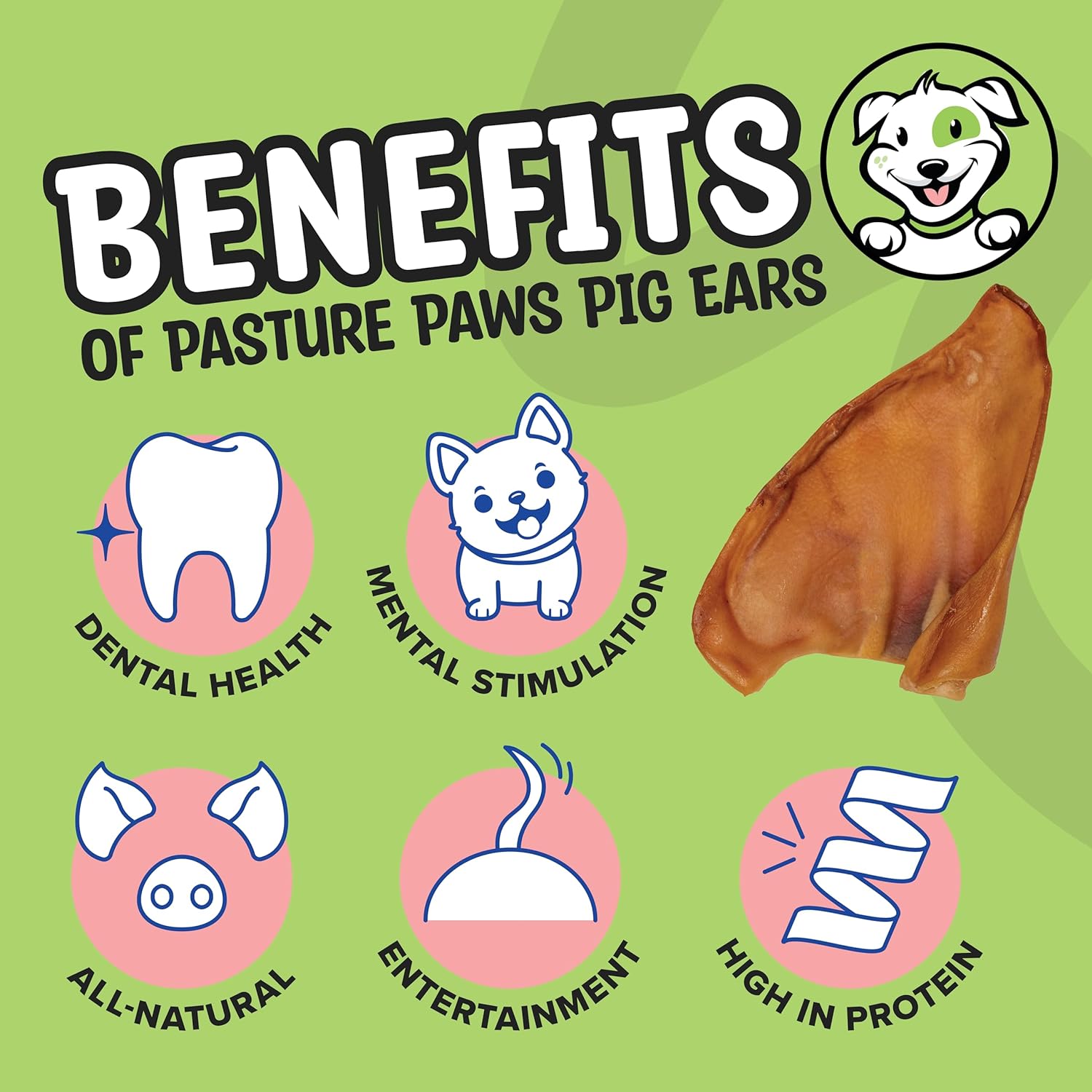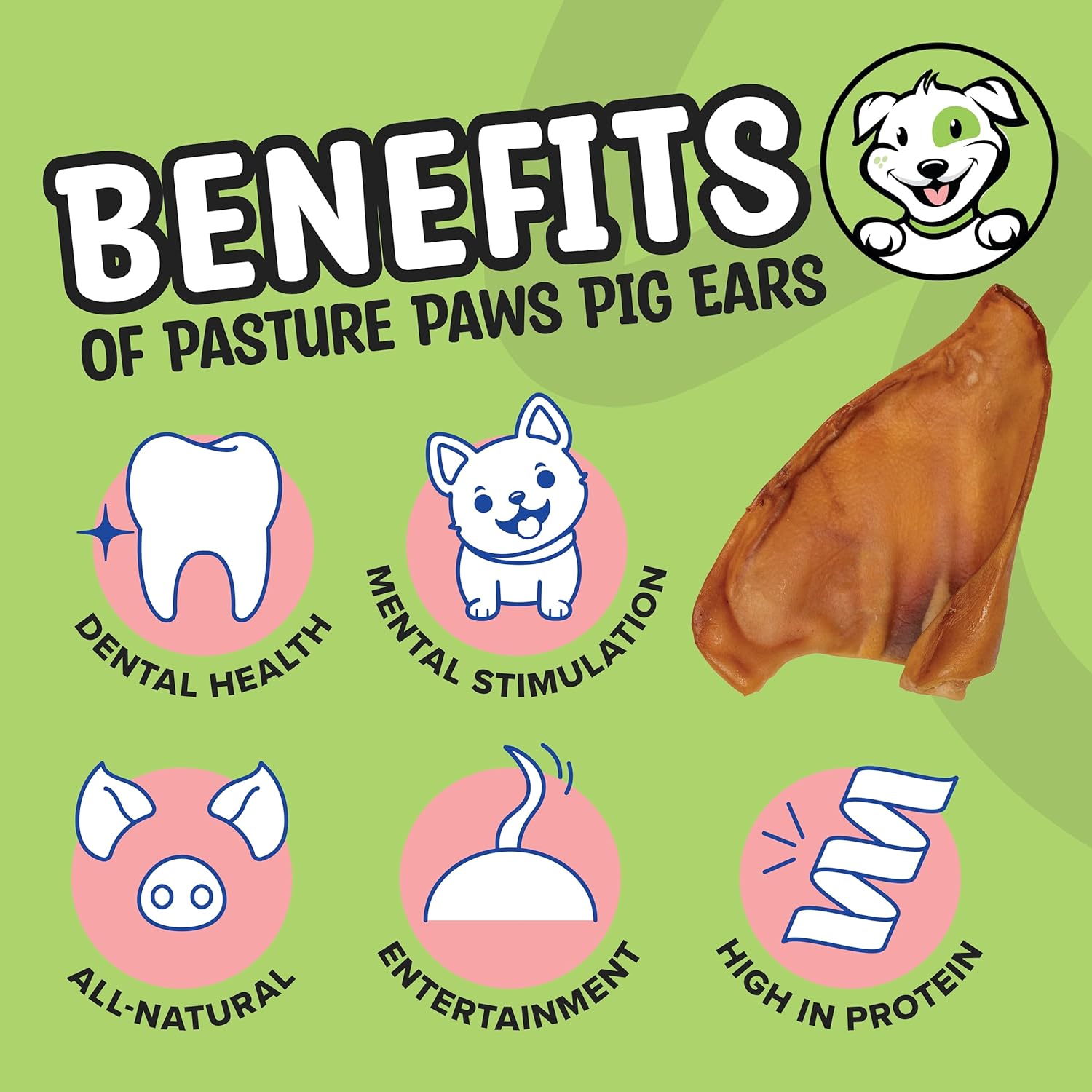If you're a dog owner, you know the joy your furry friend brings. Keeping them healthy requires more than just love and attention, including choosing the right dog treats. With many options available, it can be tough to know which treats are safe and nutritious. Veterinarians can provide expert guidance on which dog treats to choose.
Veterinarians recommend specific dog treats that are healthy and safe for dogs of all ages and sizes. These dog treats recommended by vets can help keep your dog's teeth clean, provide nutrients, and aid in training and behavior.
In this article, we'll explore some of the best dog treats recommended by veterinarians, including low-calorie, hypoallergenic, and natural options. We'll also offer tips on choosing the right treats for your dog.
Vet Recommended Dog Treats

As a dog owner, you know that treats are an important part of your furry friend's life. However, not all treats are created equal.
Understanding the types of treats available, their nutritional value, and their role in your dog's diet can help you make informed decisions about what to feed your pet.
Types of Treats
Some treats are designed to clean your dog's teeth or freshen their breath, while others are meant to be used for training or simply as a reward.
When choosing a treat, consider your dog's size, age, and dietary needs.
Nutritional Value and Ingredients
Just like with dog food, it's important to pay attention to the nutritional value and ingredients of the treats you give your pet.
Look for treats that are high in protein and low in calories, and avoid those that contain artificial preservatives or fillers.
Some common ingredients to watch out for include wheat, corn, and soy, which can be difficult for some dogs to digest.
The Role of Treats in a Dog's Diet
While treats can be a fun way to bond with your dog and reward good behavior, they should not make up a significant portion of their diet.
Too many treats can lead to weight gain and other health problems. As a general rule, treats should make up no more than 10% of your dog's daily calorie intake.
Choosing the Right Treats for Your Dog

When it comes to choosing the right treats for your dog, there are a few things to keep in mind.
By considering your dog's size, age, and specific health concerns, as well as understanding labels and ingredients, you can ensure that you are providing your furry friend with safe and healthy treats.
By Size and Age
Different treats are designed for dogs of different sizes and ages. For example, if you have a puppy, you will want to look for treats that are specifically formulated for growing dogs.
Similarly, senior dogs may benefit from treats that are designed to support joint health.
It's also important to consider the size of your dog when selecting treats.
Treats that are too small may be a choking hazard for larger dogs, while treats that are too large may be difficult for small dogs to chew.
For Specific Health Concerns
If your dog has specific health concerns, such as allergies or a sensitive stomach, it's important to choose treats that are appropriate for their needs.
Look for treats that are free from common allergens, such as wheat, corn, and soy, and that are made with natural ingredients.
For dogs with sensitive stomachs, treats that are low in fat and easy to digest may be a good choice.
Additionally, there are treats available that are designed to support specific health concerns, such as dental health or urinary tract health.
Understanding Labels and Ingredients
Reading labels and understanding ingredients is key to choosing the right treats for your dog.
Look for treats that have simple, natural ingredients, and avoid treats that contain artificial preservatives, colors, or flavors.
When reading labels, keep in mind that ingredients are listed in order of weight, with the heaviest ingredients listed first. This means that if a treat lists a meat product as the first ingredient, it likely contains a significant amount of protein.
Vet Recommended Treat for Dogs

When choosing the best dog treats for your furry friend, it's always a good idea to consult with a veterinarian. They can provide you with valuable insights on the types of treats that will be most beneficial for your dog's overall health and well-being. Here are some of the recommended treat types by veterinarians that you can consider for your furry friend.
Natural and Organic Options
Many veterinarians recommend natural and organic dog treats as they are made with high-quality ingredients that are free from harmful chemicals and preservatives.
These treats are often made with real meat, vegetables, and fruits that provide essential nutrients and vitamins to your dog.
Some natural and organic dog treats also contain glucosamine and chondroitin, which are beneficial for joint health.
Dental Chews for Oral Health
Dental chews like Pasture Paws Cow Hooves are a great way to promote your dog's dental health.
These treats come in a variety of textures that help to remove plaque and tartar from your dog's teeth.
Dog Teats Recommended by Vets Considerations Safety

When choosing dog treats, there are some important health considerations and safety precautions to keep in mind. In this section, we will cover caloric intake and obesity, potential allergens and ingredients to avoid, and choking hazards and proper supervision.
Caloric Intake and Obesity
Just like with humans, excessive caloric intake can lead to obesity in dogs.
It's important to choose dog treats that are low in calories and to monitor your dog's overall caloric intake.
Your veterinarian can help you determine the appropriate number of treats for your dog based on their size, weight, and activity level.
Potential Allergens and Ingredients to Avoid
Some dogs may have allergies or sensitivities to certain ingredients commonly found in dog treats, such as corn, wheat, and soy.
It's important to read the ingredient label carefully to avoid any potential allergens.
Additionally, some treats may contain ingredients that are not safe for dogs, such as chocolate, raisins, and garlic. Always check with your veterinarian before giving your dog any new treats.
Popular Vet-Recommended Dog Treats
When selecting dog treats for your furry friend, it's essential to choose ingredients that are both healthy and tasty.
With so many options available in the market, it can be challenging to know which ingredients are recommended by vets.
Here are some popular vet-recommended treat ingredients that you should look out for:
Proteins and Meats
Proteins and meats are essential for your dog's overall health, as they provide the necessary amino acids that help in building and repairing tissues.
Chicken, beef, salmon, and turkey are some of the most commonly used proteins in dog treats.
These meats are not only delicious but also provide essential nutrients like omega-3 fatty acids, which help in maintaining a healthy coat and skin.
Fruits and Vegetables
Fruits and vegetables are packed with vitamins and minerals that are essential for your dog's health.
Some of the most popular fruits and vegetables used in dog treats include carrots, berries, apples, pumpkin, and sweet potato.
These ingredients not only add natural sweetness to the treats but also provide essential nutrients like fiber, vitamins, and antioxidants.
Grains and Fillers
Grains and fillers are often used in dog treats to provide bulk and texture.
However, it's essential to choose high-quality grains like oats and brown rice that are easy to digest and provide essential nutrients.
What to Look for in Commercial Treats
If you choose to buy commercial dog treats, it's important to look for high-quality options.
Read the packaging carefully to ensure that the ingredients are natural and human-grade.
It's also important to choose treats that are appropriate for your dog's size and breed.
Some treats are specifically designed for smaller dogs, while others are better suited for larger breeds.
Be sure to read the packaging and choose treats that are appropriate for your dog.
Vet Recommended Treats for Dogs: Guidelines and Practices
When feeding your dog treats, it is important to do so in moderation and with a clear understanding of the best practices.
Incorporating treats into your dog's diet can be a great way to supplement their nutrition and provide them with a tasty reward, but it is important to avoid overfeeding and treat dependency.
Moderation and Frequency
To ensure that your dog is receiving the right amount of treats, it is recommended that treats and additional food items should not exceed 10% of their daily caloric intake.
The majority of their calories should come from a complete and balanced food, such as their maintenance or therapeutic commercial diet, or a home-cooked diet formulated by a veterinary nutritionist specifically for your pet.
It is also important to consider the frequency of treats.
While it may be tempting to give your dog treats throughout the day, it is best to limit treats to one or two per day to avoid overfeeding and potential health issues.
Incorporating Treats as Supplements
Treats can be a great way to supplement your dog's nutrition, but it is important to choose nutritious treats that will benefit their health.
Look for treats that are high in protein and low in fat, and avoid treats that contain fillers, artificial preservatives, and other unhealthy ingredients.
In addition to providing nutrition, certain treats can also help with your dog's dental health.
Treats that are designed to clean teeth and freshen breath can be a great addition to your dog's diet, but it is important to use them in moderation and in conjunction with regular dental care.
Avoiding Overfeeding and Treat Dependency
Overfeeding your dog treats can lead to weight gain and other health issues, so it is important to monitor their treat intake and adjust accordingly.
It is also important to avoid creating a dependency on treats, as this can lead to behavioral issues and other problems.
To avoid treat dependency, you should use treats as a reward for good behavior rather than as a regular part of your dog's diet.
Additionally, make sure to provide your dog with plenty of exercise and mental stimulation to keep them healthy and happy.
Vet Recommended Treats: Sourcing and Quality
When selecting dog treats, it's important to consider the quality of the ingredients and the manufacturing processes used.
As a responsible pet owner, you want to ensure that the treats you give your furry friend are safe, healthy, and made from high-quality ingredients.
Identifying High-Quality Ingredients
One of the most important factors in choosing healthy dog treats is the quality of the ingredients used.
Look for treats made with all-natural, whole food ingredients, such as meats, fruits, and vegetables.
Avoid treats that contain artificial ingredients, fillers, or preservatives, which can be harmful to your dog's health.
When selecting treats, be sure to read the ingredient list carefully.
Look for treats that list high-quality proteins, such as chicken, beef, or fish, as the first ingredient.
Avoid treats that list grains or carbohydrates as the main ingredient, as these can be difficult for dogs to digest.
The Importance of Quality Control and Safety
Finally, it's important to consider the quality control and safety measures in place at the manufacturing facility.
Look for treats that are made in a facility that follows strict safety protocols, such as regular testing for contaminants and pathogens.
When selecting treats, be sure to check the packaging for information on the manufacturer's quality control standards and safety protocols.
Look for treats that are backed by a satisfaction guarantee, so you can be sure that you're getting a high-quality product that your dog will love.
Conclusion
As a dog owner, I know how important it is to find the right treats for our furry friends. Exploring the variety of dog treats recommended by vets has been enlightening, and I hope this article has provided you with valuable insights. It's reassuring to know that with the right guidance, we can choose treats that not only delight our dogs but also contribute to their health and well-being.
Remember, every dog is unique, so always consider their specific needs and consult your vet for personalized advice. For top-quality, vet-recommended treats, be sure to visit Pasture Paws. Here's to happy, healthy, and treat-filled moments with your beloved pets!
Frequently Asked Questions
Can you provide recipes for homemade dog treats that have veterinary approval?
Yes, there are many homemade dog treat recipes that have veterinary approval. However, it's important to consult with your veterinarian before making any changes to your dog's diet.
Some popular ingredients in homemade dog treats include peanut butter, pumpkin, and sweet potato.
Which dog dental chews do veterinarians recommend most?
Veterinarians often recommend dental chews that are designed to help clean your dog's teeth and freshen their breath.
Some popular options include Pasture Paws and etc.
What criteria define high-quality dog treats according to veterinary professionals?
High-quality dog treats should be made with wholesome, natural ingredients and should not contain any artificial preservatives or additives.
They should also be nutritionally balanced and provide a good source of protein and other essential nutrients.
What are the recommended dog chews for dental health as suggested by vets?
Dental chews can be a great way to promote good oral health in your dog.
What treats are commonly used by professional dog trainers and endorsed by veterinarians?
Professional dog trainers often use treats as a way to reward and reinforce positive behavior in dogs.
These treats are often endorsed by veterinarians because they are made with high-quality, natural ingredients and are nutritionally balanced.
